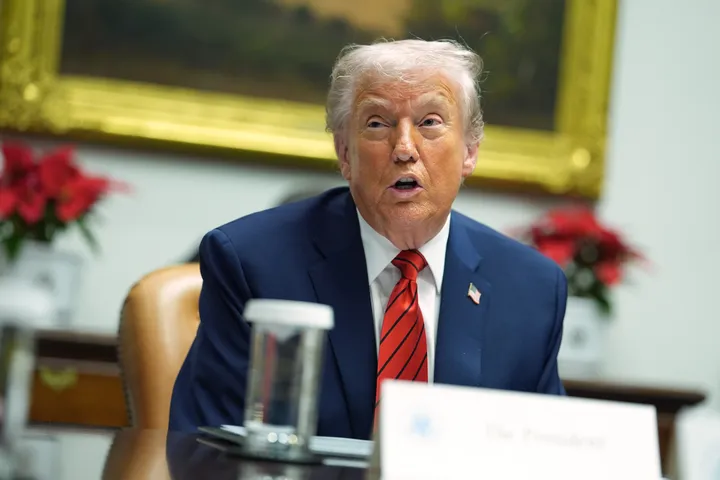It was a close victory.
Annegret Kramp-Karrenbauer, also known as AKK, is the new Christian Democratic Union of Germany chairman, succeeding Angela Merkel to one of the most powerful seats in Germany. Beating rival Friedrich Merz in the second ballot at the party congress in Hamburg on Friday, Kramp-Karrenbauer took 517 votes out of 999. There were no abstentions nor any doubt that Merkel’s loyalist will step into her shoes.
A different leadership path?
However, speaking to state TV, Kramp-Karrenbauer announced that she does not want to continue the line of Chancellor Merkel - not in every way, at least.
She will stand up to Merkel "where it is necessary in the interest of the party," she said on Saturday.
"What is positive will continue, and where there is something to change, we will do it."
Kramp-Karrenbauer’s merits have at times been overshadowed by virtue of her closeness, politically and personally, to Chancellor Merkel. Many critiqued her saying she would just be a ‘bad’ reproduction of the longest-serving chancellor, and she was mocked with the term ‘Mini-Merkel’.
Despite the criticism, Merkel’s backing likely helped her candidacy, but now she will need more than Merkel’s support.
The CDU’s voter base has shrunk, with approval ratings of just 28 percent - a far cry from its 41.5 percent during the 2013 general elections. The figure could drop to less than the 27 percent low reached before Merkel announced she would not be running for the chancellorship or party leadership again.
But, can we expect Kramp-Karrenbauer to confront Merkel’s 18-year legacy?
Economically left, politically right
Kramp Karrenbauer was the CDU general secretary and has previously served as the prime minister for the western federal state of Saarland.
The 56-year-old has been trusted and supported throughout her career by Merkel.
The chancellor brought Kramp-Karrenbauer to Berlin during the formation of this legislative term’s Grand Coalition (the coalition between major German parties the CDU and SPD) last year and to many people's surprise she was made general secretary and not a minister in Merkel’s cabinet.
The move was considered clever by many observers since Kramp-Karrenbauer was a potential candidate to follow Merkel as a "fresh face".
The new leader has maintained her political distance from the government since federal elections in Bavaria and Hesse, where the CDU and its sister party, the CSU, lost more than 10 percent of the total votes.
Kramp-Karrenbauer is a social conservative, but when it comes to the economy, she falls further on the left.
Her direction leaves the right-wing conservatives in the party out in the cold. They want a shift to the right to get back the party’s voter base after it switched to the right-wing populist party, the Alternative for Germany (AFD).
Success or split
Kramp-Karrenbauer must first and foremost ensure that the party does not factionalise; that is the real challenge.
She can hold the CDU together if she can show success in social policies, refugee integration and in the battle against the ascendant AFD. Her rival Merz, accused Merkel of fuelling the rise of right-wing populists with her centrist policies.
And if Kramp-Karrenbauer fails in the task of winning voters over, her party faces a difficult time, and possibly even a split.
























